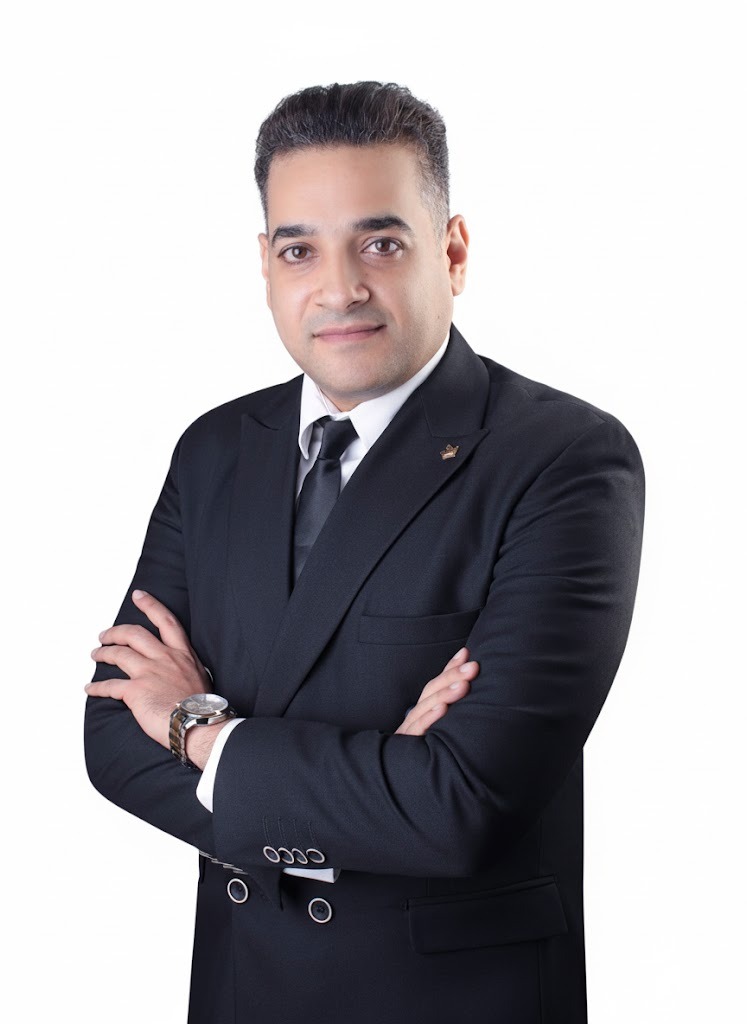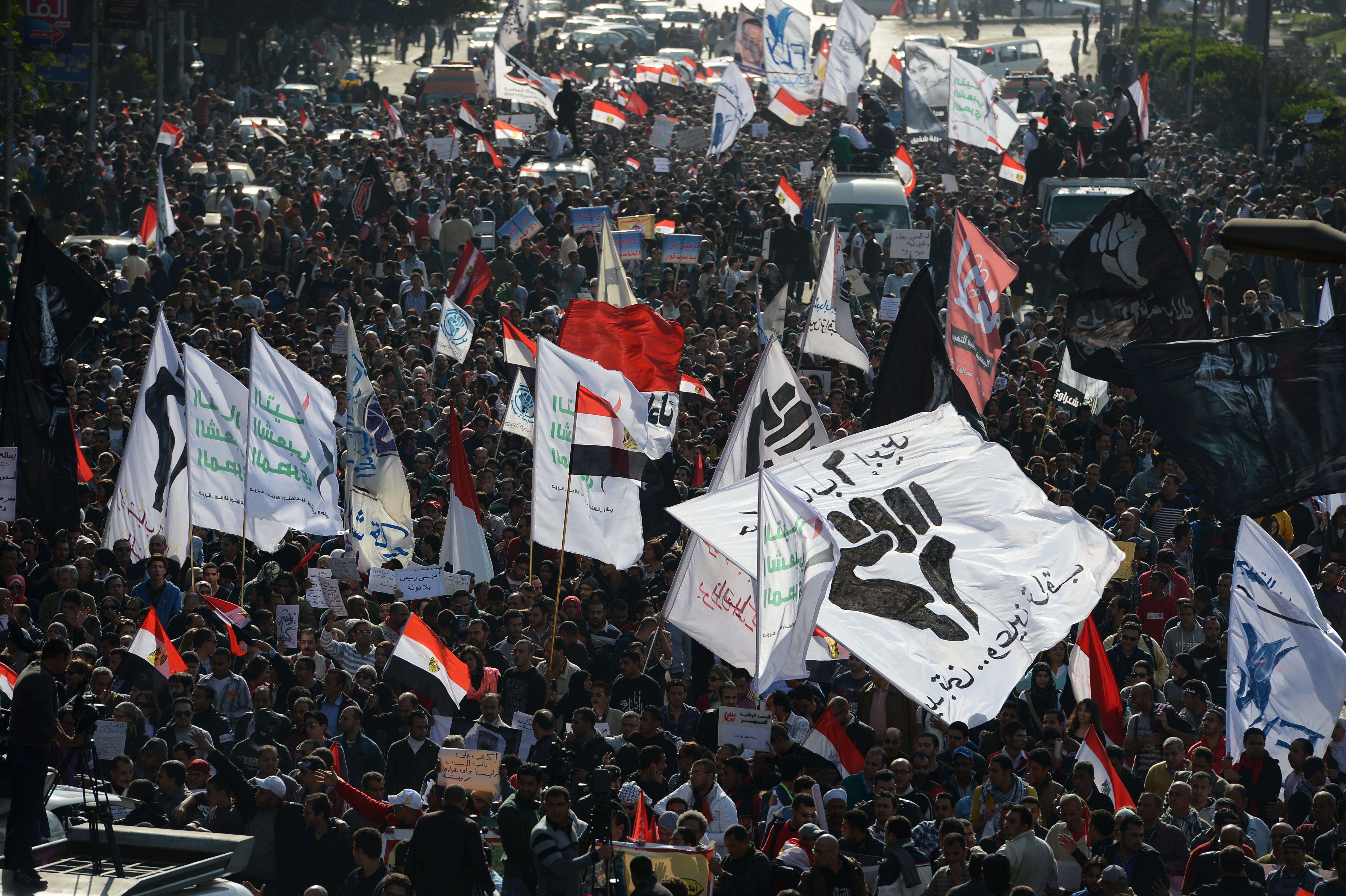Egypt stands at a crucial juncture in its economic transformation, decisively propelled by the powerful integration of artificial intelligence (AI), cybersecurity, and sustainability.
Mohamed El-Lethey, International Quality and Sustainability Consultant, emphasized that while each of these pillars independently promotes growth and resilience, it is their holistic and synergistic integration that forms the visionary and comprehensive strategy essential for positioning Egypt as a competitive leader in the Arab region and on the global stage.
El-Lethey highlighted that the economic contribution of AI is expanding rapidly, surpassing early expectations and reshaping key sectors. Government forecasts project AI’s contribution to reach approximately 7.7% of Egypt’s national GDP by 2030—a critical milestone thoroughly supported by authoritative reports and official data. Egypt’s AI market value has grown to nearly $490 million, up from an estimated $420 million two years ago, reflecting an impressive annual growth rate exceeding 12%.
This substantial trajectory is underpinned by strategic investments exceeding EGP 13 billion aimed at expanding digital infrastructure and developing specialized talent. The government has set ambitious targets, including training more than 30,000 AI specialists by 2030 and increasing AI startups from roughly 150 to 250, accelerated through national innovation programs.
El-Lethey expanded on AI’s transformative impact across diverse sectors: precision agriculture leads to enhanced water efficiency and boosts crop yields by up to 20%; smart, AI-powered grids optimize renewable energy integration; and urban infrastructure benefits from real-time resource management powered by AI and Internet of Things (IoT) technologies, advancing smarter, sustainable cities.
He further emphasized cybersecurity’s vital role as Egypt’s digital economy expands. In 2025, the cybersecurity market exceeded $220 million, growing annually by over 12%, with Cairo recognized as a leading regional cybersecurity hub. Advanced AI-enabled cybersecurity systems are integral to these achievements, boasting detection accuracies surpassing 98% in real-world IoT environments. They facilitate early threat detection, reduce false positives, and automate responses, protecting critical infrastructure, financial institutions, and smart city frameworks, while lowering cyberattack recovery costs by an estimated 35%.
El-Lethey then underscored Egypt’s sustainability initiatives complementing AI and cybersecurity progress. Renewable energy now accounts for approximately 20% of the country’s energy mix; industrial energy intensity has fallen by 8%; and Egypt’s Human Development Index approaches 0.75, signifying inclusive social progress aligned with United Nations Sustainable Development Goals (SDGs). State-of-the-art environmental monitoring platforms leveraging AI and big data enable precise management of water, waste, and other resources, bolstering sustainable urban and industrial growth. Egypt ranks among the leading Arab nations in exceeding two-thirds of critical SDG targets.
He also addressed a fundamental shift in literacy, noting that future illiteracy will extend beyond reading and writing deficiencies to encompass digital illiteracy—specifically, the inability to engage effectively with AI. This “AI illiteracy” threatens to exacerbate social and economic inequalities, potentially marginalizing populations from workforce participation and civic life.
To confront this emerging challenge, El-Lethey called for decisive, inclusive action. While commending existing investments in digital and AI education, he stressed the necessity of broader access and inclusivity. Key recommendations include embedding AI and digital literacy into early education curricula, creating community learning hubs offering free or subsidized digital skills training targeting rural populations, women, and youth, launching certified “AI Ambassador” mentorship programs for SMEs and local organizations to foster ethical AI adoption, and implementing comprehensive national awareness campaigns to demystify AI and promote lifelong digital learning as a societal cornerstone.
El-Lethey emphasized that establishing AI literacy as a foundational national competency will empower Egyptians broadly, cultivating an inclusive, digitally intelligent society ready to meet future challenges.
Concluding, he affirmed that Egypt’s integration of AI, cybersecurity, and sustainability generates synergistic benefits accelerating economic modernization. AI-driven operational efficiencies, anchored by secure data governance and cybersecurity protecting critical infrastructure, establish an innovative and trusted environment fostering investment and shared inclusive growth.
He further urged Egypt to amplify investments in secure, scalable AI technologies, prioritize support for startups and SMEs, expand technical education to increase the cadre of AI and cybersecurity specialists beyond current projections, and promote multi-sector partnerships to stimulate innovation, align policies, and address localized challenges.
Mohamed El-Lethey’s closing remarks emphasized the urgent need to intensify efforts to increase Egypt’s AI integration as a cornerstone of its economic transformation. He highlighted that Egypt’s strategy stands as a landmark approach, positioning the country at the forefront of the global economic transformation wave. Supported by pragmatic goals and measurable milestones, this approach empowers Egypt to accelerate intelligent, secure, and sustainable growth—ensuring prosperity not only for today but for generations to come. He emphatically stressed that the moment to significantly boost these initiatives and take decisive action is unequivocally now.
Mohamed El-Lethey is an International Quality and Sustainability Consultant with extensive expertise in developing and auditing management systems across industries. As a Certified Lead Auditor in ISO 9001, 27001, 14001, 45001, and 50001 standards and a Six Sigma Black Belt, he aids organizations in achieving world-class standards in quality, environmental performance, and sustainable business practices.




